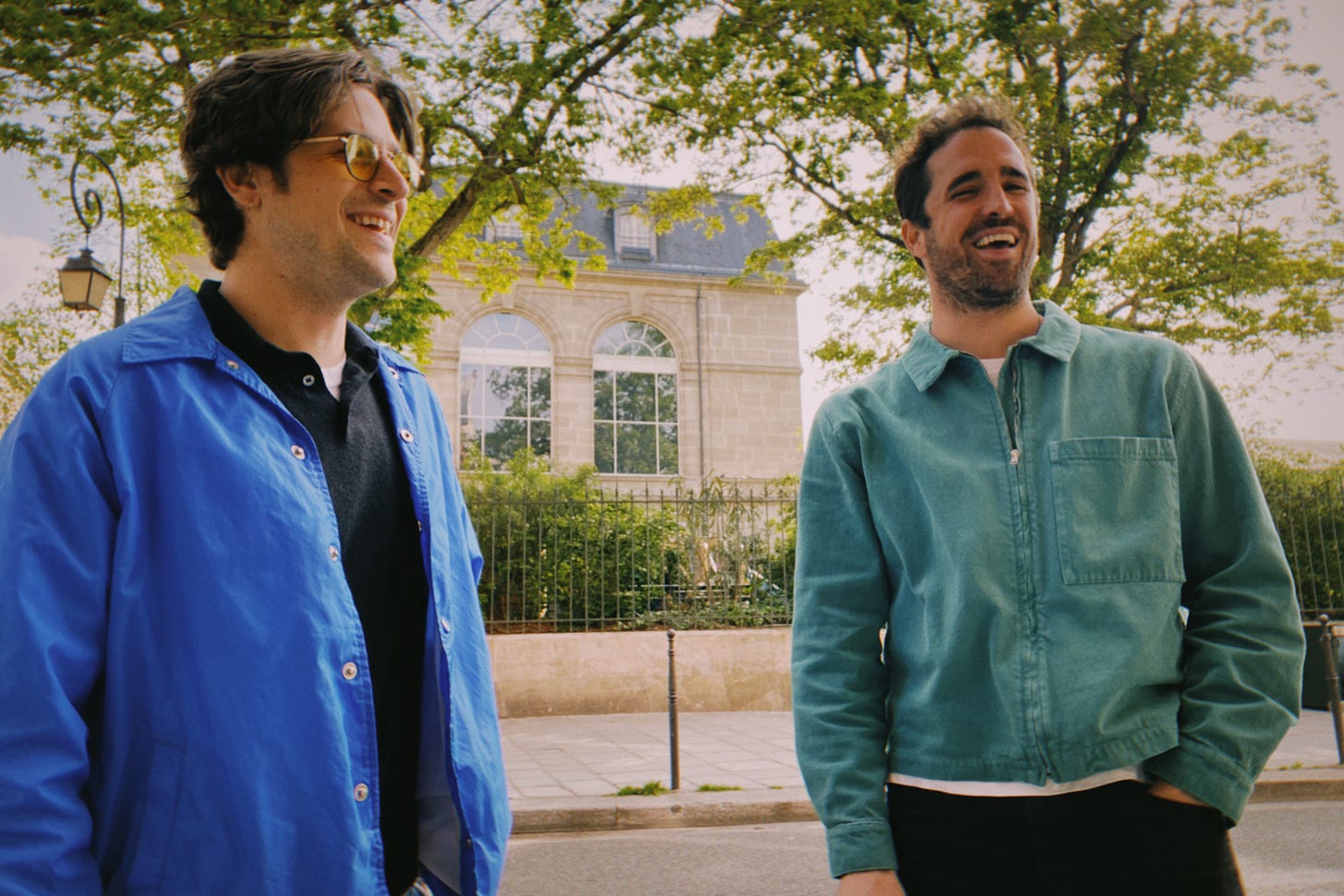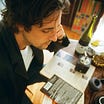7 Questions, or, an Interview
on 1 year of Substack writing, the creative process, & fallow fields for inspiration

Keep reading with a 7-day free trial
Subscribe to if not, Paris to keep reading this post and get 7 days of free access to the full post archives.





